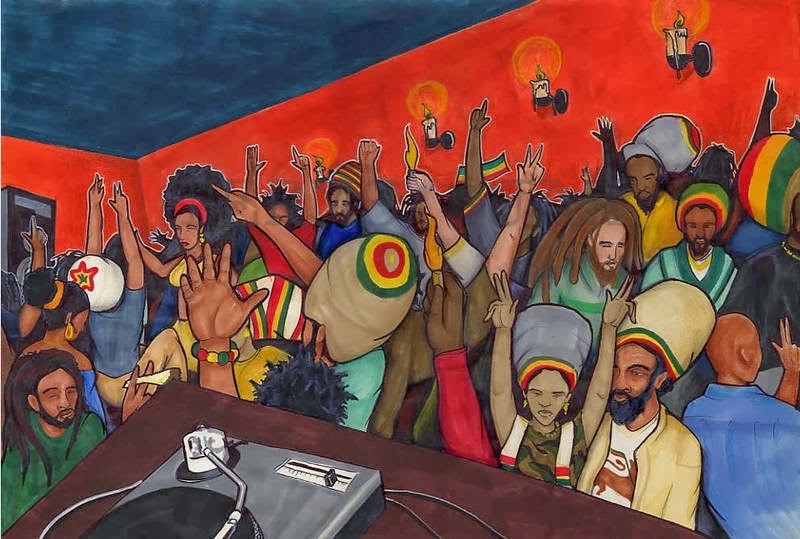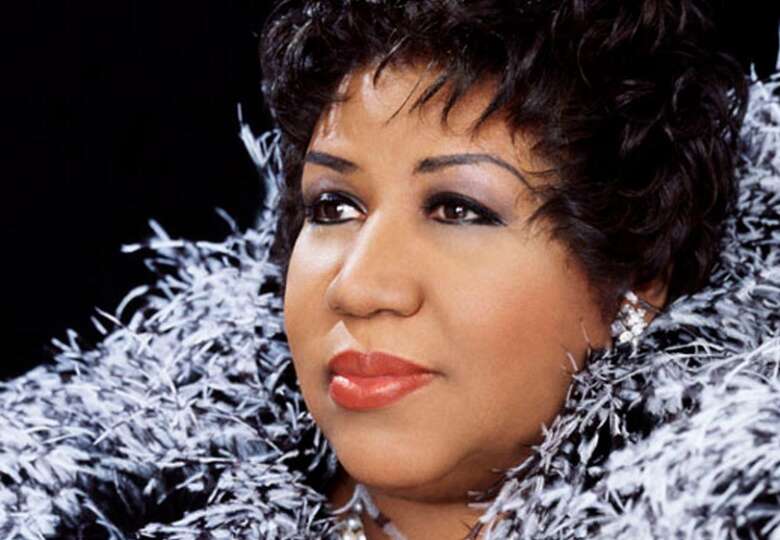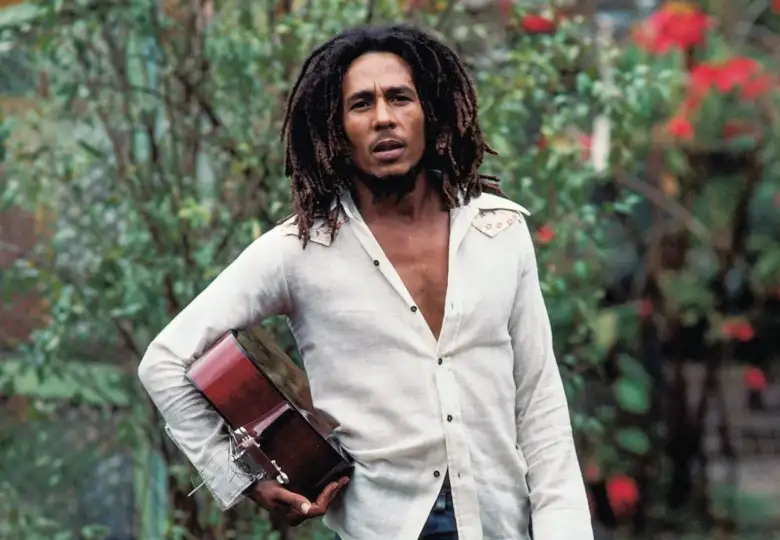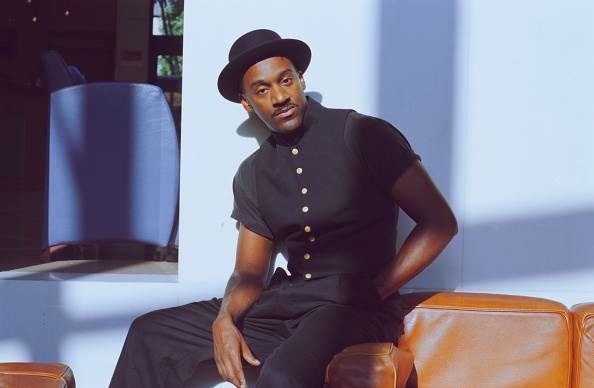
Reggae music, with its enchanting rhythms & soulful lyrics, has captured the hearts of people across the globe for decades. Rooted in the vibrant culture of Jamaica, this genre emerged as a powerful means of expression & unity, becoming a symbol of resistance, hope, & social change. Let us delve into the fascinating history of reggae music, exploring its origins, evolution, & its profound impact on the world.
The Origins of Reggae: The Birth of a Musical Movement

Reggae’s roots can be traced back to Jamaica in the late 1960s, where it evolved from earlier musical styles such as ska & rocksteady. Ska, characterized by its upbeat tempo & prominent bass section, laid the groundwork for the signature offbeat rhythm that would become a hallmark of reggae. As ska transitioned into rocksteady, a slower & more soulful style emerged, setting the stage for reggae’s emergence.
The Rise of Reggae Icons: Bob Marley & The Wailers

While reggae was already gaining popularity in the local scene, it was the emergence of one legendary figure that truly brought the genre to international attention. Bob Marley, along with his band The Wailers, became the quintessential ambassadors of reggae music. Their music transcended boundaries & brought the messages of love, peace, & social justice to a global audience. One of Bob Marley’s most iconic songs, One Love, encapsulated the spirit of unity that reggae embraced. It became an anthem for people seeking hope & harmony, crossing cultural & linguistic barriers. Reggae as a Vehicle for Social & Political Change

Beyond its catchy melodies & captivating beats, reggae music became a powerful platform for addressing social & political issues. Artists used their lyrics to advocate for human rights, denounce oppression, & call for unity. Bob Marley’s “Redemption Song” is a prime example of reggae’s ability to inspire change & uplift the oppressed. During the 1970s, reggae also played a crucial role in Jamaican politics, with musicians aligning themselves with different political factions. The genre became a voice for the marginalized & an outlet for expressing the struggles of the working class.
Reggae Goes Global:

As reggae music reached new shores, it began to influence other musical genres worldwide. From the Punk & New Wave movements of the late 1970s to Hip Hop & Rap in the 1980s & beyond, the reggae beat left its mark on many different styles of music. The distinct sound of the reggae bassline & offbeat rhythm became recognizable elements in popular songs from various cultures. This global influence helped cement reggae’s place in the musical landscape.
Reggae Today: Continuation & Innovation In the modern era, reggae continues to evolve, with contemporary artists adding their own flair while preserving the genre’s core messages. The fusion of reggae with other musical styles, such as reggaeton & Dancehall, Keeps the spirit of reggae alive & relevant in the ever changing music industry. Reggae festivals & events around the world celebrate the genre’s rich history & provide a space for new talents to showcase their skills. The positive vibes, camaraderie, & calls for social change still resonate with audiences, making reggae a timeless & cherished art form. Reggae music stands as a testament to the power of art to inspire change, unite communities, & touch the hearts of people across the globe. Its journey from the shores of Jamaica to the world stage reflects the resilience & beauty of the human spirit. As long as there are voices willing to speak out against injustice & spread messages of love & unity, reggae music will continue to captivate & uplift us all. So, let the rhythm guide you, & let the music of reggae fill your soul with hope & harmony.




